Glenn Gould used to say that Mozart died too late rather than too early. The remark was intended to get up the nose of Mozart-lovers and it succeeded. What a nerve, coming from a pianist whose own reputation peaked in his early 20s, with his first Goldbergs, and was especially tarnished by his Mozart piano sonatas, which he butchered in order to demonstrate their supposed faults.
But still… Gould wasn’t the first person to wonder if there was a slight diminuendo in Mozart’s creativity in the couple of years before he died in 1791 at the age of 35.
The last concerto, for clarinet, has a wistful, naive perfection that doesn’t fire up the neural pathways to the same extent as say, the C minor Piano Concerto of 1786. The Prussian string quartets aren’t as inventive as the earlier set dedicated to Haydn. The Magic Flute is glorious, but you don’t find yourself thinking ‘I can’t believe he just did that’, as you do at the end of Act Two of Figaro when Mozart keeps tossing characters into the ensemble in a head-spinning contrapuntal miracle.
The last piano concerto, No. 27 in B flat, really makes me worry that old Glenn had a point. The gentle finale is the work of a genius — but an annoying genius affecting childlike gemütlich simplicity. That’s admittedly not a description that fits his last opera, La clemenza de Tito, but what a shame that its stretches of top-notch Mozart weren’t saved for a less arthritic vehicle.
And the very last composition, the Requiem? That’s a tricky one, because it’s not all by Mozart. Famously, the composer finished only the first movement and detailed sketches; these were orchestrated and missing movements composed by his pupil, Franz Süssmayr.
This leaves us with a cloudy cocktail of pure Mozart, Mozart-cum-Süssmayr and pure Süssmayr. We know where the manuscript breaks off — but not where Mozart ends, because the composer left verbal instructions (though the deathbed dictation in Amadeus is fiction). We can hear that some passages are clunky — once they’ve been pointed out by scholars. The trouble is that we detect the dreaded Süssmayr in different places, depending on which experts we’ve listened to.
To complicate matters, some editions of the Requiem prune Süssmayr to make him translucently Mozartian, while others try to delete him and fill the gaps with pastiche. Also, in 1962 the beginning of an ‘Amen’ fugue destined for the Requiem turned up. It lasts 20 seconds.
I’ve never enjoyed ‘completions’: it’s impossible to forget that the authorship of the notes keeps changing and that often you’re listening to two composers at once. Give me the plain sketch instead. When it comes to Mozart’s Requiem, I’ve only been able to relax during the finished Introitus, whose melting discords are authentically spooky because we know who wrote them — ‘a man staring into his own grave’, to quote Jan Swafford.
But then, a couple of weeks ago, I heard a recording of the Mozart Requiem so radically different from any other that all the textual distractions seem irrelevant. It’s from Siberia, of all places, recorded in Novosibirsk by the New Siberian Singers and the Russian period band MusicAeterna eight years ago and now re-issued by Alpha Classics.
These musicians have been drilled to within an inch of their lives by their wild-eyed Greek-Russian conductor, Teodor Currentzis, who sends them hurtling into the fugal passages expecting — and receiving — pinpoint accuracy. And ‘pinpoint’ really is the word: individual notes stab, twinkle and snap, creating a pointillist effect that reminds me of Webern, and especially Webern’s arrangement of Bach’s six-part Ricercar.
Critics are divided on the subject of Currentzis. That’s their problem. He’s the world’s greatest conductor of Mozart. You may disapprove of tricks with close miking, but here the sound of strings snapping back onto the fingerboard adds a new terror to death. As Patrick Barbier notes in his accompanying essay, the Requiem’s D minor is also the key in which fate catches up with Don Giovanni. No other recording makes that connection to such devastating effect, in the process demolishing the theory that Mozart had passed his peak before the end.
And Süssmayr? Currentzis not only leaves him in but plays his contributions with ferocious conviction. In this reading, the true mystery of Mozart’s Requiem is how the pupil came to be so utterly possessed by the spirit of his master, and that’s one I’m happy to live with.
Only once does the performance bow to the musicologists. Currentzis gives us Mozart’s 25-bar ‘Amen’ fragment, uncompleted. But there’s no sudden silence. Instead there’s a noise that sounds like the soft rattle of a thurible or the bells of a funeral carriage. Perhaps it’s a sleigh-bell stick. I don’t care. It’s a desperately sad moment: a gap in the music that leaves us staring into Mozart’s lost grave. And he stares back.
Got something to add? Join the discussion and comment below.
Get 10 issues for just $10
Subscribe to The Spectator Australia today for the next 10 magazine issues, plus full online access, for just $10.
You might disagree with half of it, but you’ll enjoy reading all of it. Try your first month for free, then just $2 a week for the remainder of your first year.


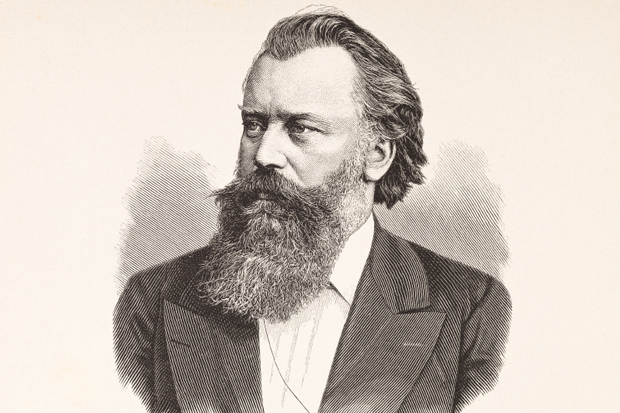

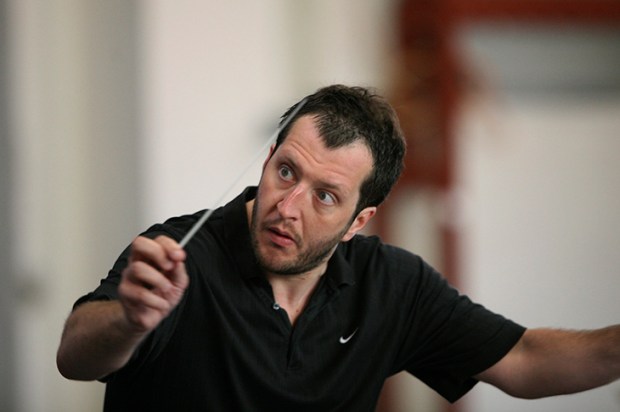
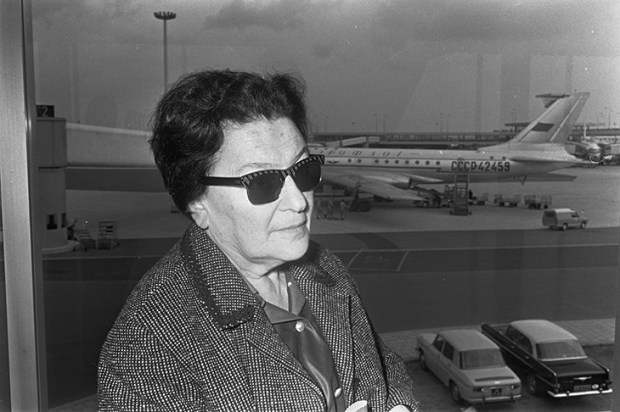
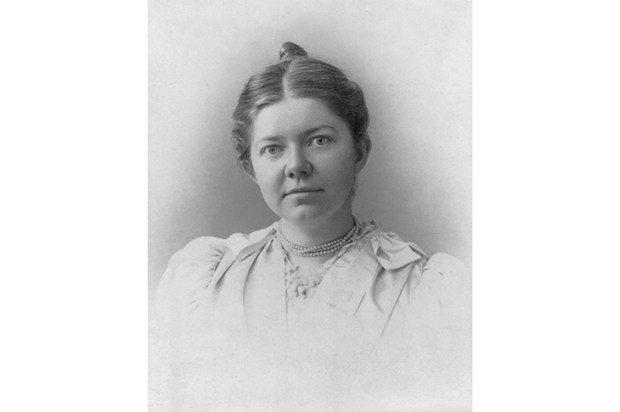
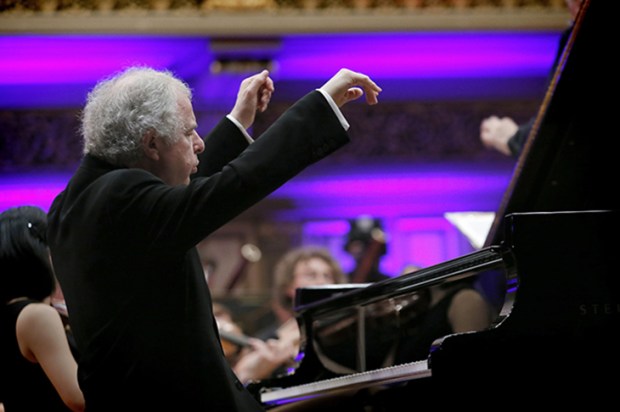






Comments
Don't miss out
Join the conversation with other Spectator Australia readers. Subscribe to leave a comment.
SUBSCRIBEAlready a subscriber? Log in